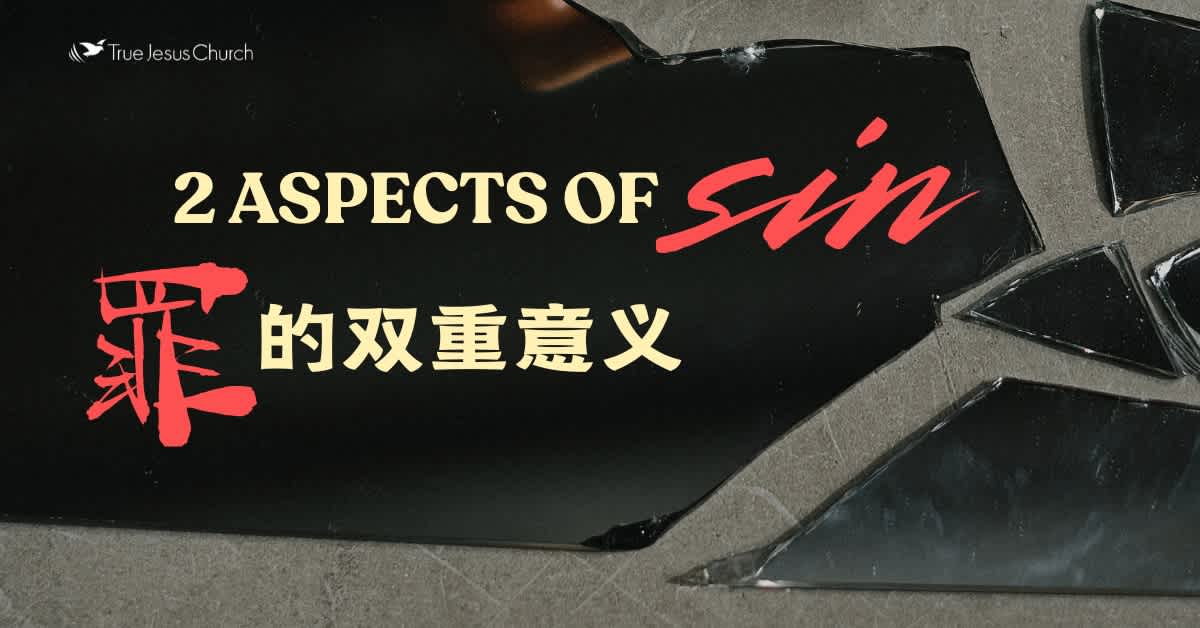
即将到来

即将到来
阅读本会最新的文章


你可曾发现自己会不停刷手机查看坏消息,即使这让你情绪更加低落? 这种行为被称为“末日刷屏”或者“末日翻屏”。当世界陷入新冠疫情封锁时,这个术语开始流行。尽管明白阴郁信息无法带来慰藉,许多人仍不由自主地滚动社交媒体,沉溺于令人不安的新闻标题,仿佛渴望看到更多负面消息。 一个重要原因是:在焦虑时,我们竟通过寻求负面信息来获得安慰。讽刺的是,负面新闻反而印证了我们的担忧是合理的——你的忧虑值得持续,请继续焦虑! 潜意识里,我们总认为坏消息能帮助应对未来的未知。但谁又能真正预知明天呢? 当末日刷屏不断佐证我们的忧虑时,《腓立比书》第四章却指引我们转向相反方向:卸去焦虑。 得享平安始于神的方式,而那就是祷告: 祷告、祈求 + 感谢神 + 将你们所要的告诉神 = 神的平安保守你们的心怀意念。(腓4:6-7) 除了祷告,经文明令我们要持续思想那些激励人心的事物: "弟兄们,我还有未尽的话:凡是 真实的 、 可敬的 、 公义的 、 清洁的 、 可爱的 、 有美名的 ,若有什么 德行 ,若有什么 称赞 ,这些事你们都要思念。"(腓4:8) 当我们专注美好事物时,实则在凝视神信实的慈爱。这促使我们向神献上感恩,而这正是得到神的平安的必要条件。 其次,保罗以行动作结:活出信仰,效法属灵榜样;赐平安的神就必与你们同在(腓4:9)。注意保罗称神为"赐平安的神"。平安是祂的本质;当祂与我们同在,便将平安赐下。因信靠执掌明天的神,我们便得真平安。 请评估你的刷屏习惯:常使用哪些应用或网站?是否有特定触发时机? 接着尝试替代末日屏刷的习惯:有哪些有益活动或信息源能帮助你思想美善之事? 若完全戒除社交网络困难,可设定15分钟计时器或屏幕使用时限。铃声能强行将注意力拉出屏幕上的信息流,创造机会让我们选择不再刷屏。 当焦虑再次召唤手指滑动时,请暂停默念:我的神是赐平安的神,祂掌管万有。 让我们回到赐平安的神面前,以谦卑满溢赞美的祷告,求祂用平安护卫我们的心。
|
5 分钟阅读

What are the small drops of kindness you've experienced when it feels like the road ahead is too foggy?
|
3 分钟阅读